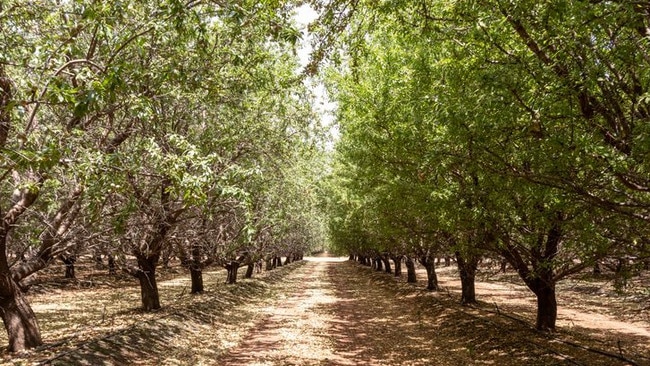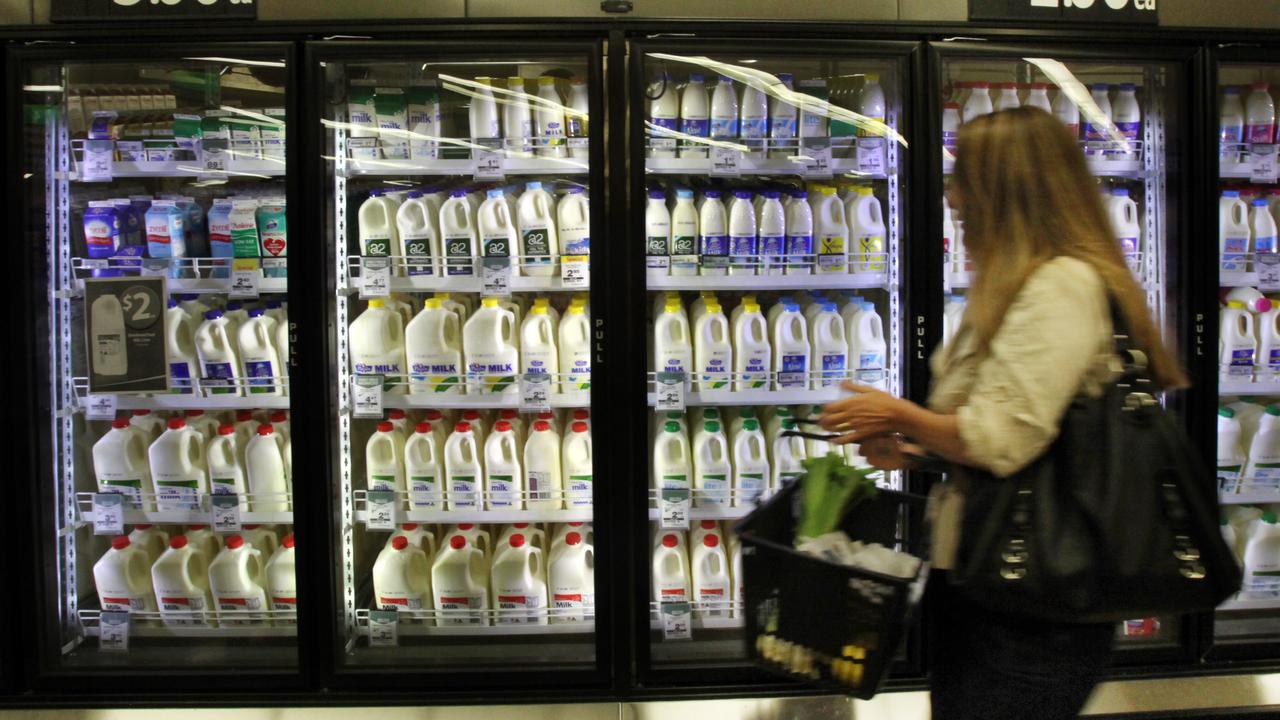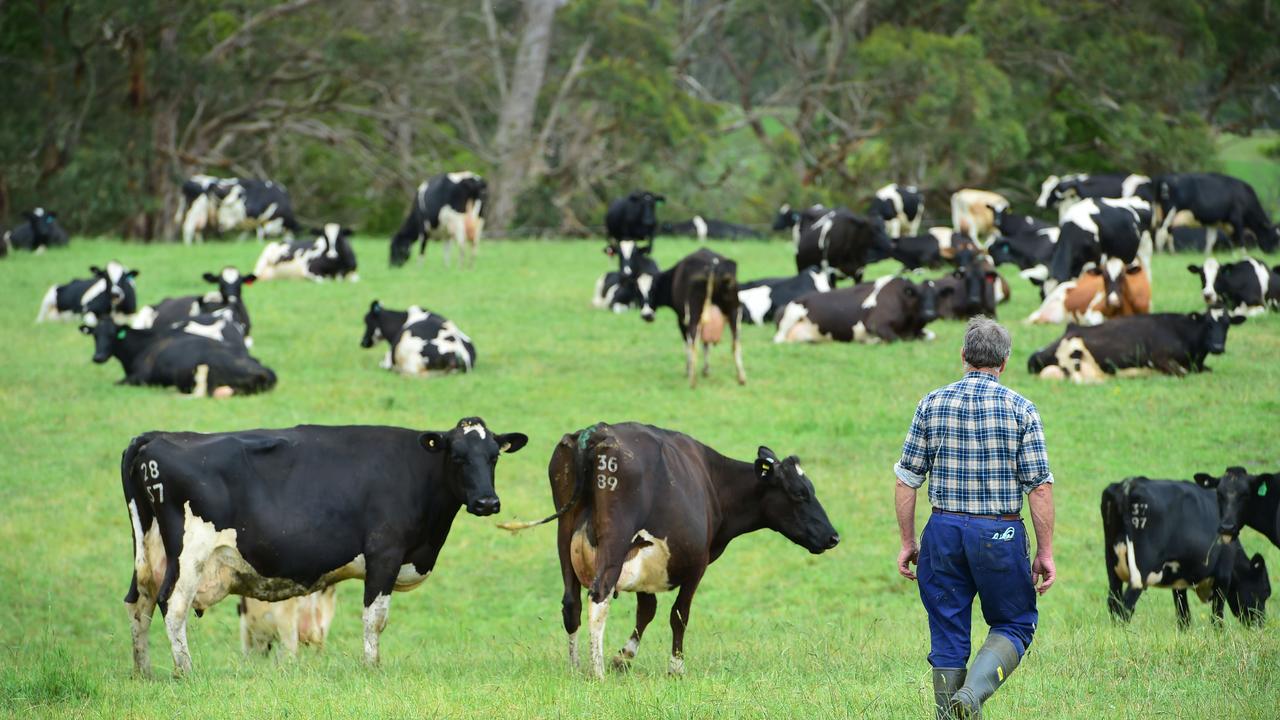Super funds villainously reluctant to invest in agriculture
Foreign ownership of Australian farmland is again in the spotlight, but if you’re inclined to dish out an angry emoji, think carefully about who should be on the receiving end, writes Ed Gannon.

ANOTHER week, another multi-million dollar sale of an Australian farm to a foreign buyer, with a 3841ha almond farm at Hillston in southern NSW last week sold for $98 million to a US company.
Outraged? A lot of people are if you go by the angry-face emojis on Facebook — the same emoji found on virtually every story about the litany of farm sales to foreign owners in recent years.
But if you feel inclined to dish out an angry emoji, then perhaps go to your superannuation’s company’s Facebook page and do it there instead.
Because in the debate about farms being bought by foreigners, the overwhelming villain here is Australian superannuation companies, and their reluctance to invest in agriculture.
Australia’s super funds hold more than $2.7 trillion. Yet just $1.8 billion — or 0.2 per cent — is invested in local agriculture.
Contrast that to the Canada Public Sector Pension Board, which in the past 12 months alone has invested more than $2 billion in Australian farmland and water.
You can’t blame the vendor. At the end of the day, they can only sell to the highest bidder. And increasingly that is a foreign buyer.
Foreign superannuation companies don’t have deeper pockets. Instead, they have a long-term view of investing, something local funds lack.
Our super funds are hooked on 12-month cycles, for that is how we assess the performance of our money invested with them.
It is what the fund managers’ bonuses are based on, so they are not interested in investing in a sector that you need to be in for a decade to ride the highs and lows.
Even when recent figures show the value of Victorian farmland increased by 12 per cent in 2019, the fourth consecutive year of growth.
I wonder how that will compare to commercial property returns - a traditionally fertile field for super funds — in the next few years as we stare at a work-from-home future.
There is some light at the end of the tunnel. The world’s biggest farmland investor, TIAA, this week said it was open to partnering with local super funds to buy Australian farms.
But guess what TIAA stands for — Teachers Insurance and Annuity Association of America.
Why do we need a New York-based pension fund to hold our hand to invest in local agriculture?
There should instead be a change in focus from local funds to make agriculture part of its normal investment strategy.
And that will only come from the members who actually own the fund telling them to do so.
So that is why you need to redirect your angry emoji to tell your super fund they ain’t so super.
• Ed Gannon is Editor of The Weekly Times
MORE



